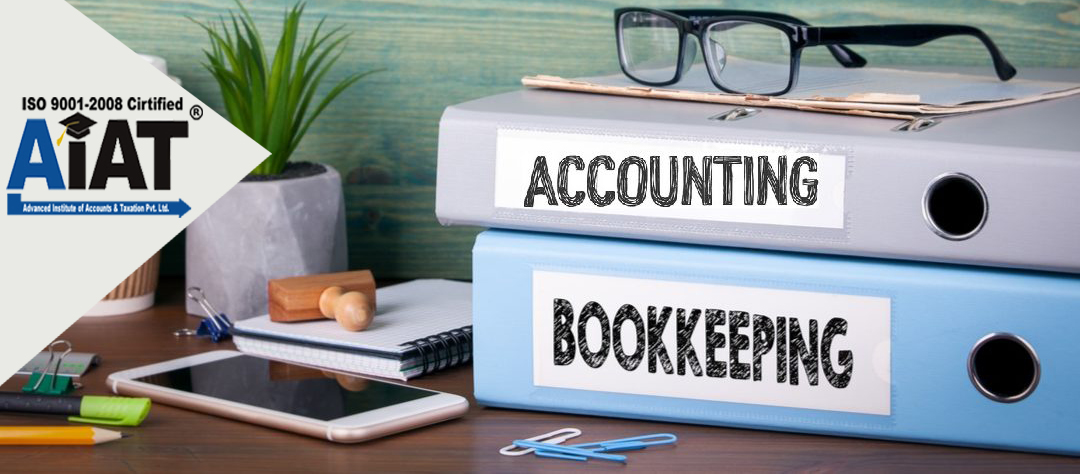Some very basic terms & their definitions used in context with the Indian Income Tax are given below:
ASSESSEE – is any person who is required to pay Income tax or any other sum payable under the Income Tax Act being interest, penalty etc.
ASSESSMENT YEAR – is the period comprising of twelve months starting on 1st of April & ending on 31st March of the next year. Assessment year succeeds the financial year. For eg. For the FY 2011-2012, the AY will be 2012-2013.
PREVIOUS YEAR – is the financial year preceding the assessment year.
PERSONS LIABLE TO PAY INCOME TAX – are the persons liable to pay income tax if there income levels exceeds the minimum sum that is exempt from tax:
- Individuals (including non-residents)
- Hindu Undivided Families – consists of all persons lineally descended from a common ancestor including their wives & unmarried daughters. An HUF is a creation of law. It is a separate entity than can own or sell property, enter contracts or earn income.
- Association of Persons – is an arrangement where two or more persons have voluntarily joined together for a common purpose with the object of producing income, profits & gains.
- Body of Individuals – conglomerate of persons who have come together not voluntarily, but carry on some activity to earn income.
- Artificial Juridical persons
- Societies & Trusts
Following are required to pay income tax irrespective of their income levels:
- Partnership Firms – is an arrangement, where people have agreed to share profits of a business, carried on by all or any of them acting for all.
- Co-operative Societies – is a group of individuals who have come together for their mutual benefit.
- Companies – can be Indian/ domestic (public – in which public have a substantial interest or private – where public do not have a substantial interest) or a foreign company.
- Local Authorities – include Panchayats, Local Municipality
INCOME – refers to earning by the deployment of asset or by rendering any service. Revenue receipts come under this category, which keep accruing from time to time.
The term incomes of great significance with respect to income tax. For the liability of tax is computed on this “Income”. There are five broad heads under which income has been classified.
The term incomes of great significance with respect to income tax. For the liability of tax is computed on this “Income”. There are five broad heads under which income has been classified.
Heads of Income:
- Income from Salary – includes income from wages, annuity, pension, gratuity, fee, commission, advance salary etc. For income under the head salary, the existence of employer-employee relationship is a must. It is chargeable on due or paid basis, whichever is earlier.
- Income from House Property – house property is any building or land appurtenant thereto (courtyard/ compound), of which the person is the owner.
- Profits& Gains of Business / Profession – the term Business includes any trade, commerce or manufacture. Profession means any vocation, occupation requiring intellectual or manual skill.
- Income from Capital Gains – is any profit or gain arising from the transfer of capital assets during the previous year.
- Income from Other Sources – This is the residues head of income. Income that does not fall under any of the above heads of income, are taxed under this head.
CAPITAL RECEIPTS – Are different from revenue receipts. Capital receipts are generally exempt from tax unless expressly stated.
CLUBBING OF INCOME – would in simple words, mean summing up of the Income prone person with the income of another person. The most common cases the clubbing of minor child’s income with that of his either parent.
DEDUCTIONS – after calculating the total income from the various heads of income, certain amount is deducted towards expenditure incurred to earn that income eg.life insurance premium paid,investment in tax saving schemes & mutual funds. These deductions help in saving a certain amount of tax. They are also called the 80 series deductions as they are contained in sections 80A to 80U.
SET OFF & CARRY FORWARD – Set off is the adjustment of certain losses against income from the various sources of income.
Carry forward is the carrying forward of certain losses to be adjusted (set off) in subsequent years.
Carry forward is the carrying forward of certain losses to be adjusted (set off) in subsequent years.
GROSS TOTAL INCOME – is the sum of all the earnings from the various heads of income, after set off of any loss that was carried forward from the past years.
TAXABLE INCOME /NET INCOME – is the gross total income less the deductions. It is on this sum that the tax liability is calculated.
PERMANENT ACCOUNT NUMBER – is a unique ten digit alpha-numeric number, on the basis of which the Income tax department identifies the assesse.
INCOME TAX RETURN – after the assessee has calculated his tax liability (self assessment) he is required to file his return of income in the prescribed time & manner. Due dates of filing returns are:
- Companies 30th September
- Assesses whose accounts are required to be audited under IT Act – 30th September
- A working partner of the firm, whose accounts are required to be audited – 30th September
- All other assesses – 31st July.
AIAT Institute
15, bhande Plot, Umred Road, Near Shitla Mata Mandir Nagpur
Mob. 9373104022 www. aiatindia.com

No comments:
Post a Comment